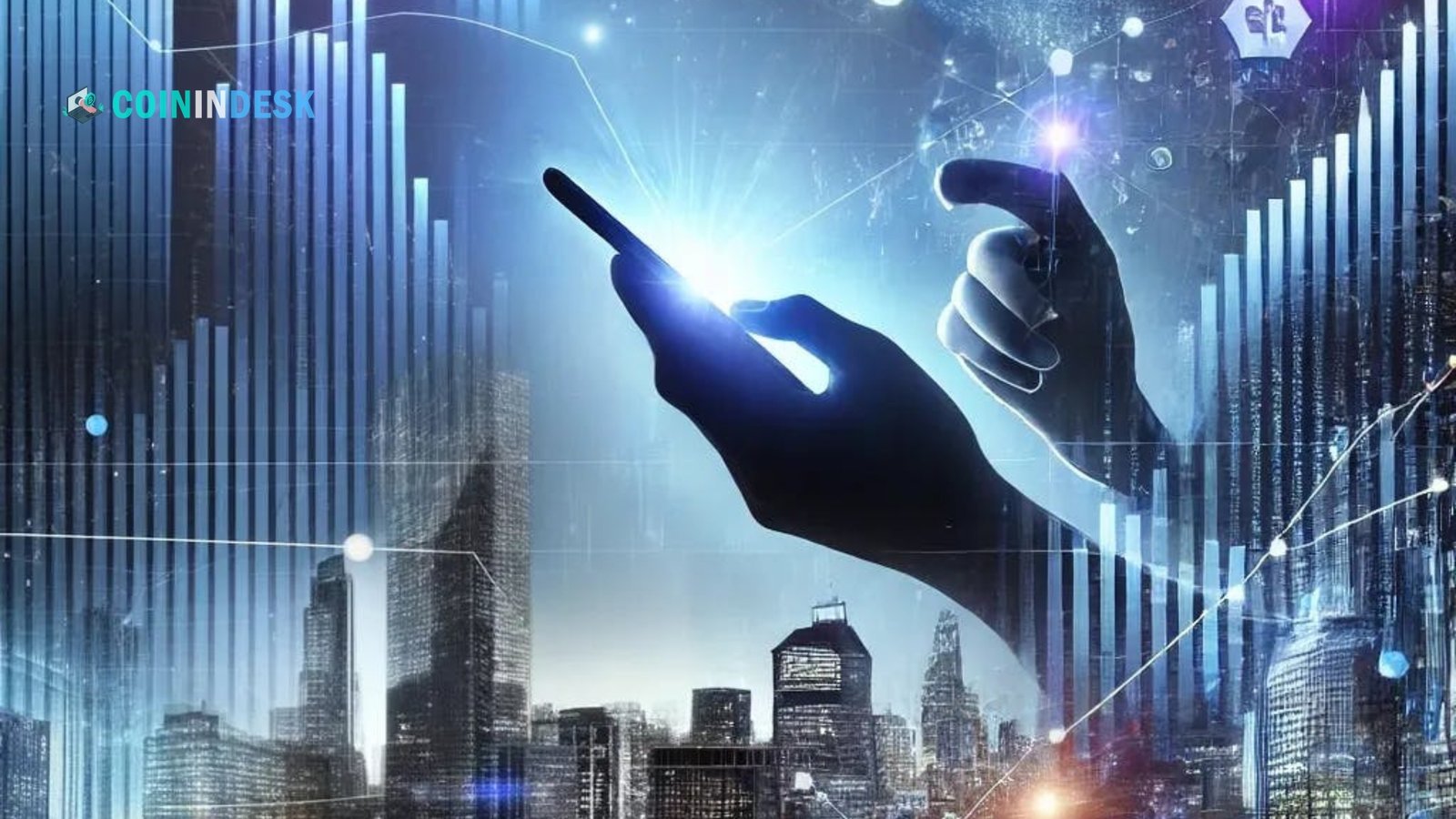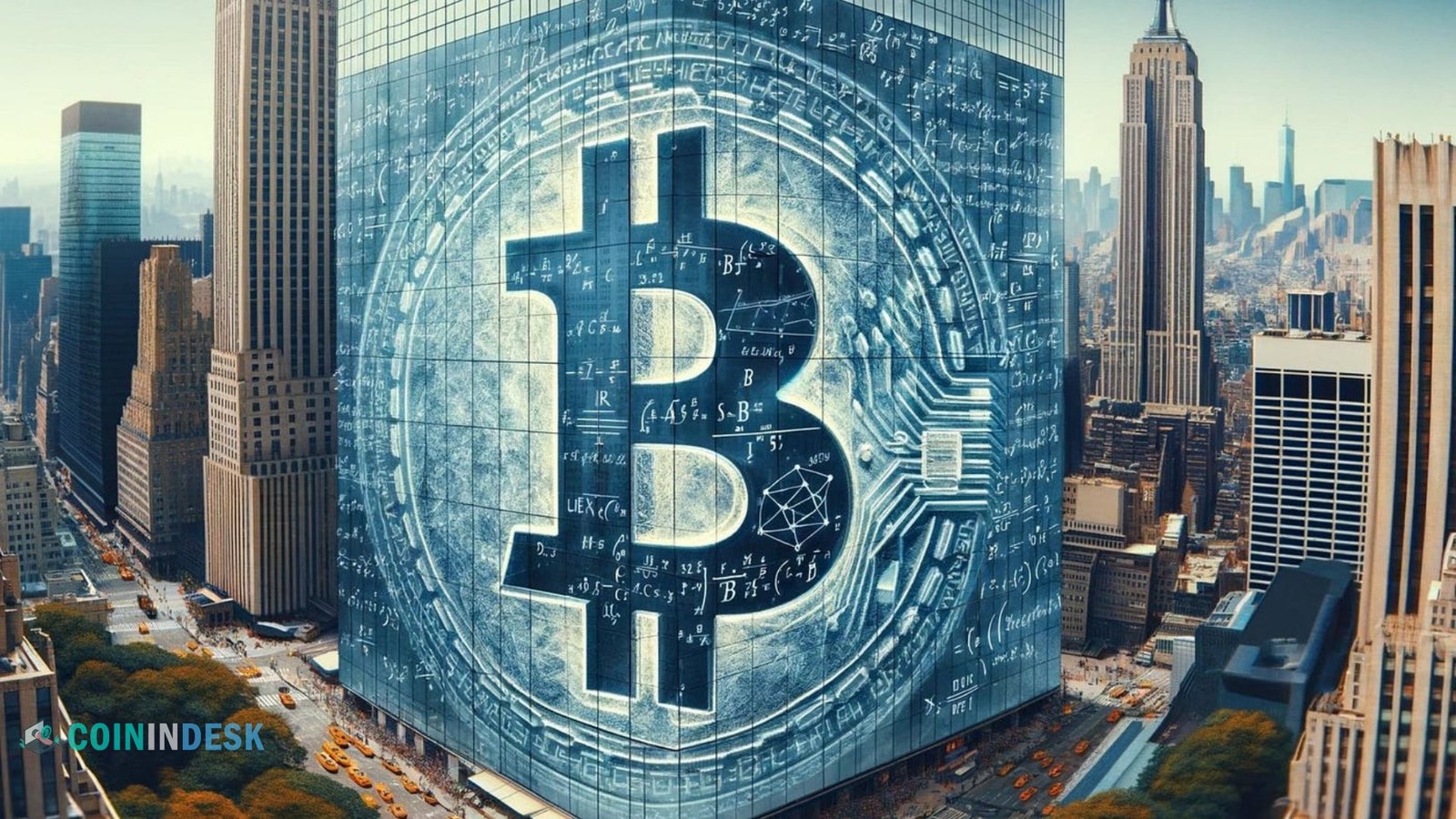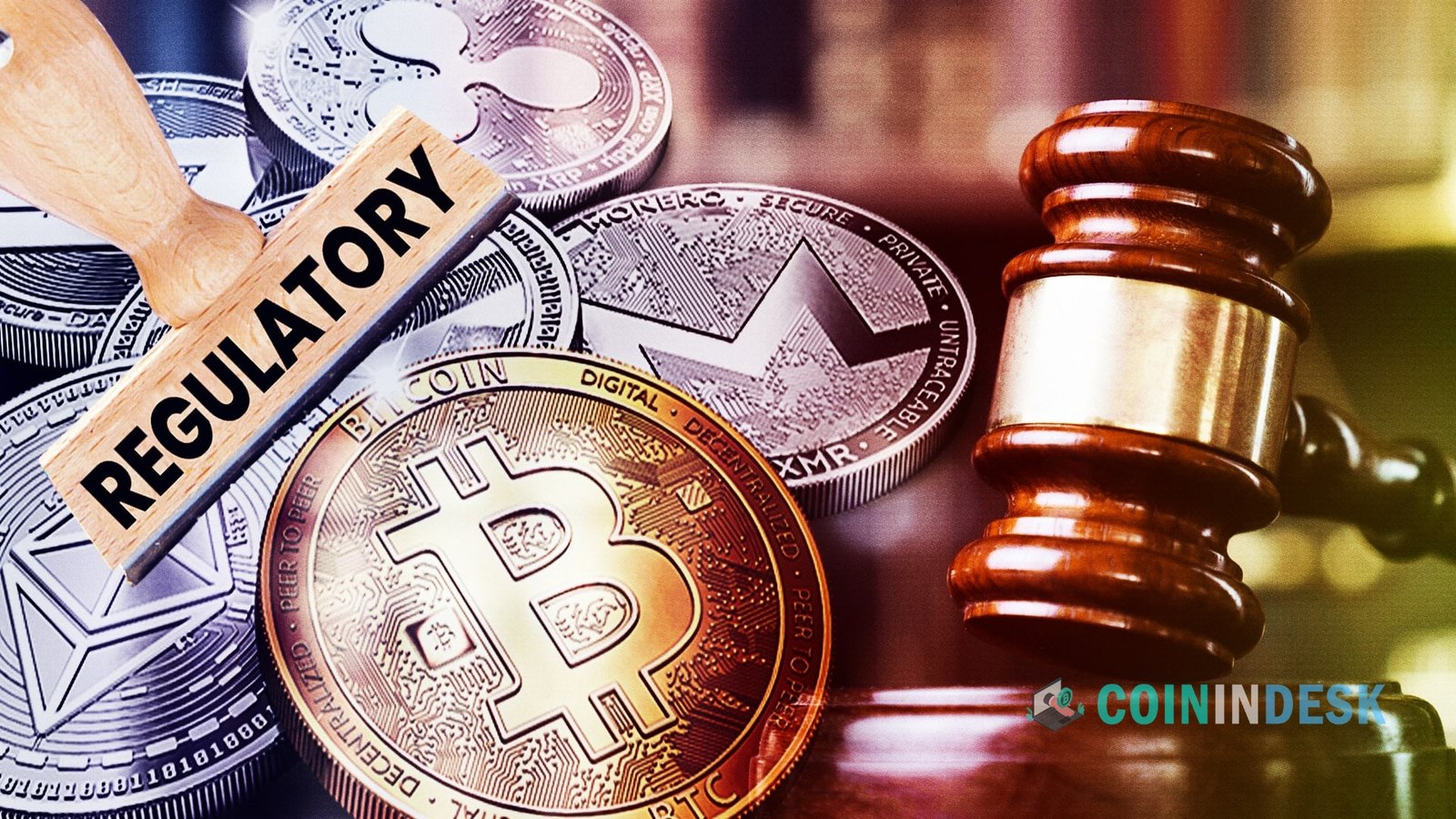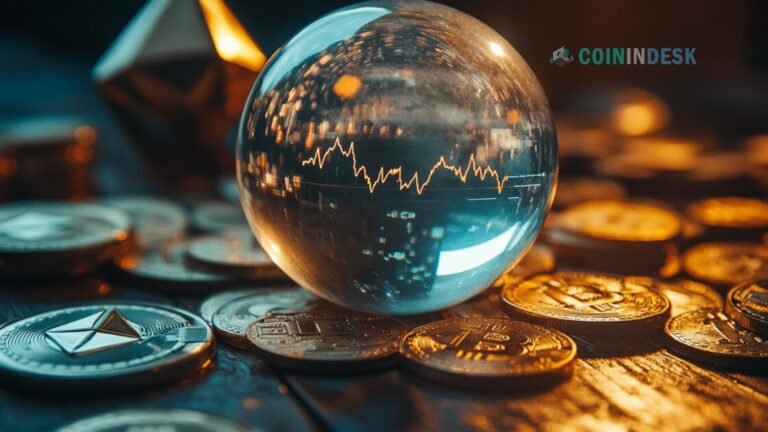Crypto Prediction markets: are one of the most intriguing new developments to emerge from the dynamic realm of Bitcoin. With the help of crypto prediction markets, anyone can use decentralized blockchain technology to wager or trade on the results of upcoming events. The underlying principle of this approach is that many people’s opinions can yield more reliable future predictions than any expert could on their own.
Learn about crypto prediction markets, how they work, the advantages they provide, and the leading platforms in this field in this article.
What is a Prediction Market?
Depending on how certain events pan out, people can trade stocks in a prediction market. These might include economic trends, weather predictions, and election and sporting event outcomes. The price of the shares reflects how many people think the event will happen. Although the idea has been around for a while in more conventional marketplaces, the rise of blockchain technology has sparked a new wave of interest in it.
How Prediction Markets Work
People place bets on the results of certain events in prediction markets. For instance, participants in a political election can purchase shares in favor of the candidate they support. Suppose their forecast turns out to be right. In that case, they stand to gain a sum proportional to the precision of their forecast. Collectively, people have access to varied information, and their predictions tend to be more accurate when aggregated. This is the idea behind these marketplaces.
Prediction markets for cryptocurrencies, driven by smart contracts, function similarly, with a few important distinctions. Since no overarching authority governs them, we say they are decentralized. Instead, they are constructed on decentralized ledger technology (blockchain) like Ethereum, which makes them safe, transparent, and impervious to censorship.
How Do Crypto Prediction Markets Work?
The functioning of crypto prediction markets is dependent on blockchain technology. Typically, these marketplaces are constructed on decentralized platforms that use smart contracts to automate and increase transparency. To put it simply, these marketplaces function as follows:
Event Creation
Crypto prediction markets allow users to wager on predetermined outcomes through event generation, such as the outcome of an election or a sporting event. The platform lists the event with parameters such as potential outcomes, rules, and a time limit. Once this arrangement is in place, users can begin trading shares based on their forecasts.
Buying Shares
A user’s stake in the probability of a certain event result is represented by the number of shares they purchase in crypto prediction markets. Market demand and the perceived likelihood determine the price of shares. The share price changes to reflect the collective sentiment as more players gamble on an outcome.
Settlement of the Market

Once an event ends, the market for crypto prediction markets settles automatically. Decisions are made by blockchain smart contracts using verified real-world facts by decentralized oracles. Users whose predictions were accurate will get rewards directly proportional to their initial investment. By transferring funds straight to participants’ wallets, this method guarantees honesty and openness.
Decentralized Oracles
Crypto prediction markets guarantee the accuracy of real-world results through decentralized oracles. Services known as “oracles” collect information from external sources and add it to the blockchain. Prediction markets improve security and trust by utilizing decentralized oracles, which prevent any one party from controlling the flow of information.
Benefits of Crypto Prediction Markets
Crypto prediction markets offer several advantages over traditional prediction markets:
Decentralization
The decentralized nature of cryptocurrency prediction markets is among their most significant advantages. These marketplaces are not governed by a centralized body, which results in more transparency and justice. Unlike centralized networks, decentralized systems are less prone to censorship and manipulation.
Global Participation
Consumers worldwide can participate in cryptocurrency markets, unlike traditional prediction markets, which are frequently limited by jurisdictional limits. Participants can access the Internet and cryptocurrencies to participate in these marketplaces.
Low Fees
Smart contracts can automate many operations in prediction markets, significantly reducing operational expenses. This reduces users’ fees, making it more appealing for them to participate.
Transparency
Blockchain technology guarantees that all transactions and market activity are recorded and can be verified by the public. Participants can audit the entire process, beginning with the development of the event and ending with the distribution of incentives, which helps to build trust in the system.
Incentive Alignment
Cryptocurrency prediction markets provide participants with financial incentives to make correct predictions of market outcomes. Users’ motivation by profit tends to result in a more accurate portrayal of future occurrences, which is why self-regulation is important.
Risks and Challenges
Despite the numerous benefits, crypto prediction markets are not without their challenges.
Regulatory Uncertainty

Without well-defined regulatory standards, crypto prediction markets face a significant challenge. Legal issues may arise in several places because prediction markets are seen as gambling. Governments might also try to control or prohibit such markets if the expected catastrophes are extreme.
Market Manipulation
The fact that decentralized markets are less susceptible to manipulation does not mean that they are immune to it. An attempt to exert influence on the market can be made by participants who have great resources by placing huge bets, which has the potential to skew the odds.
Liquidity Concerns
There are instances when liquidity can be a problem in cryptocurrency prediction markets because these markets are still in their infant phases. There is a possibility that markets will not work effectively if there are insufficient participants, and the prices of shares will not appropriately reflect the probability of certain outcomes.
Reliance on Oracles
Oracles play a significant role in determining the accuracy of cryptocurrency prediction markets based on their performance. If an oracle delivers inaccurate data, the market may settle wrongly, resulting in disagreements and financial losses.
Key Crypto Prediction Market Platforms
Several platforms have emerged as leaders in the crypto prediction market space, each offering unique features.
Augur
In the decentralized prediction market, Augur is among the most used systems. Augur is a platform that lets users build markets for anything, from political elections to sporting events, and it’s built on the Ethereum blockchain. To administer the platform, users can stake the REP token, which they can use to challenge event results if they think the Oracle data is wrong.
Polymarket
Another well-known platform that caters to crypto prediction markets is Polymarket. Users can wager on the results of various international events, including COVID-19 data, political outcomes, and more. The value of user funds is guaranteed to remain stable because Polymarket employs USDC for transactions.
Gnosis
Users can build their own markets and trade shares based on the results of events on the Gnosis prediction market platform. To improve the prediction market ecology, Gnosis offers various instruments, such as the Gnosis Safe and the Gnosis Auction.
Future of Crypto Prediction Markets
The potential of cryptocurrency prediction markets is directly proportional to the rate of blockchain technology adoption. In place of centralized marketplaces, these platforms allow individuals to profit from their expertise in a decentralized and global setting.
Further Read: Crypto Cracker: Cryptocurrency Security in 2024
Integrating decentralized financing (DeFi) into prediction markets could improve participant liquidity and access to more complex financial instruments. In addition, authorities may establish more precise regulations as they learn more about blockchain technology, providing a safer environment for these marketplaces to grow.
Final Thoughts
Crypto prediction markets are intriguing because they combine collective intelligence, financial markets, and blockchain technology. By decentralizing the prediction process and using smart contracts, these markets provide openness, accessibility, and efficiency. The future of crypto prediction markets is bright despite facing hurdles, especially from regulators and market manipulators.
Using decentralized, transparent, and secure technology, you may use your expertise in politics, sports, or the economy to make money in crypto prediction markets. As these platforms continue to gain traction, they have the potential to completely alter our relationship with and ability to predict the future.
FAQ
Q1. What are crypto prediction markets?
Crypto prediction markets are decentralized platforms where users can trade shares based on the outcome of future events, such as elections or sports matches. Participants buy shares in the outcome they believe will occur, and the market settles automatically based on the actual result, with payouts reflecting the accuracy of predictions.
Q2. How do I participate in a crypto prediction market?
To participate, you must choose a platform that supports crypto prediction markets, such as Augur or Polymarket. After creating an account and depositing cryptocurrency, you can browse available markets, buy shares for the outcomes you predict, and wait for the event to conclude for market settlement and payouts.
Q3. Are crypto prediction markets legal?
The legality of crypto prediction markets varies by jurisdiction. In some areas, they are classified as gambling and face strict regulations, while in others, they are considered financial instruments. Researching and understanding local regulations before participating in these markets is important.
Q4. What risks are associated with crypto prediction markets?
Key risks include regulatory uncertainty, potential market manipulation, liquidity issues, and reliance on decentralized oracles for accurate data. Participants should be aware of these risks and conduct thorough research to ensure they are comfortable with the platform and its mechanisms before investing.


